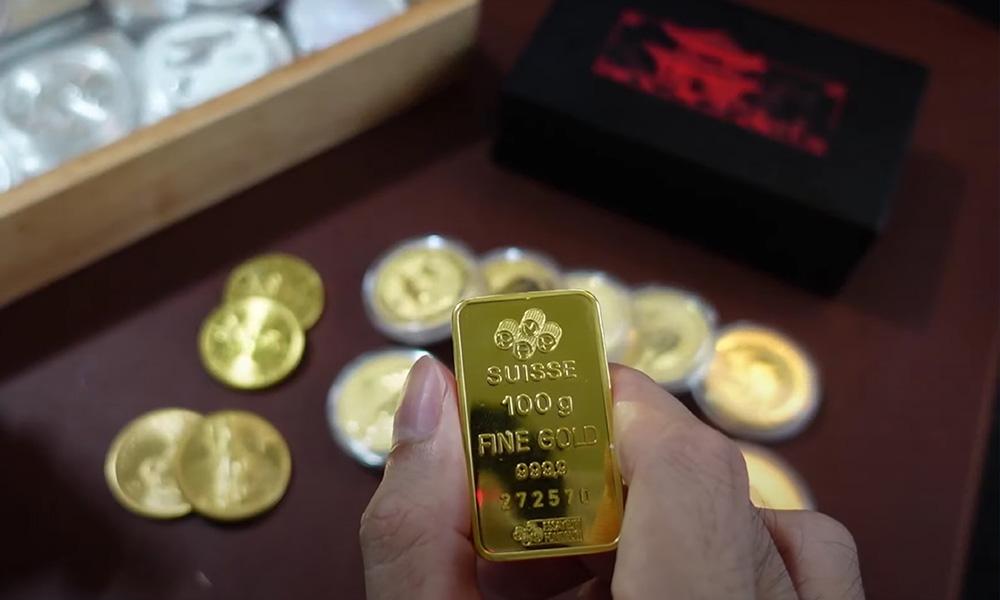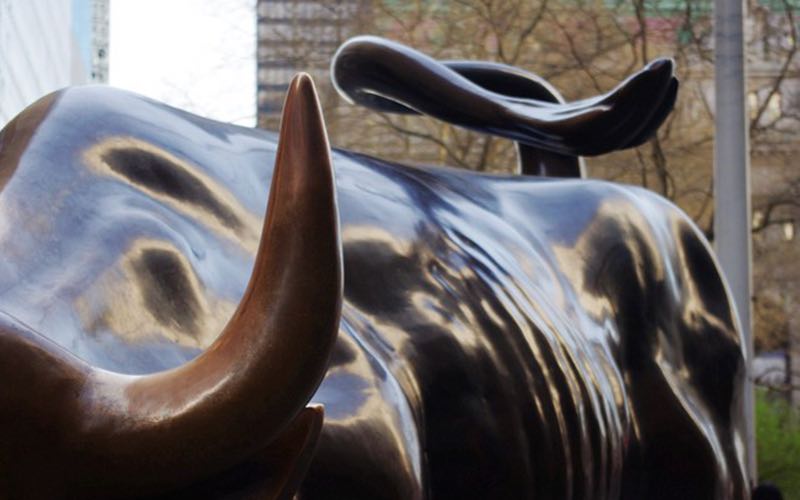Shocking! Secret US-Russia Abu Dhabi talks exposed: Major changes to the Ukraine peace plan, strongly pushed by the Trump administration?
2025-11-25 15:25:44

Background of the talks and groundwork laid in Geneva
It all stemmed from the high-level talks between the US and Ukraine held in Geneva, Switzerland, last weekend. That meeting aimed to restart the long-stalled Ukrainian peace process, and the US delegation was co-led by Secretary of State Marco Rubio, Special Envoy Steve Vitkov, and Army Secretary Dan Driscoll. They held in-depth discussions with Ukrainian officials on various issues, laying the groundwork for subsequent actions.
After the Geneva talks, Rubio returned to the United States, while Driscoll quickly moved to Abu Dhabi in the United Arab Emirates, where he held secret talks with the Russian delegation.
Monday's meeting was a direct continuation of the Geneva outcomes, aiming to convey the consensus reached between the US and Ukraine to Russia and promote trilateral coordination. It's worth noting that this secret meeting was not previously disclosed to the public, only coming to light after US officials revealed it to Meituan. This reflects the US government's cautious and low-key diplomatic strategy, avoiding premature exposure that could cause international repercussions.
Key figures and delegation details
Dan Driscoll, as U.S. Army Secretary, played a pivotal role in this peace process, which is quite unique within the Trump administration.
Typically, diplomatic negotiations are led by the State Department, but the involvement of Driesko, a senior military official, may be intended to demonstrate America's military resolve and support to Russia and Ukraine. His key role stems from an internal discussion two weeks ago between President Trump and Vice President JD Vance, a conversation that directly established Driesko's leading role in restarting peace talks.
Prior to his trip to Ukraine, Drieskoel had held numerous consultations with Rubio and Vitkov and obtained additional intelligence updates during his stay in Germany. He was accompanied by several senior military officers, including Army Chief of Staff General Randy George, U.S. Army Europe and Africa Commander General Chris Donahue, Army Sergeant Major Michael Wemmer, and Lieutenant General Curtis Bazade, who was in charge of military assistance to Ukraine. While these officers did not participate in the follow-up talks in Geneva or Abu Dhabi, their presence undoubtedly reinforced the U.S. commitment to military assistance and highlighted the comprehensive nature of the negotiations—not just diplomacy, but also a balance of military power.
Peace Plan Revision and Russian Reaction
The core of the Geneva talks was the peace plan proposed by the United States. The initial version contained 28 points, but after consultation with Ukraine, it was revised into a more streamlined 19-point plan. This revision removed the amnesty clause for actions during the war and restrictions on the future size of the Ukrainian army. These changes aimed to reduce points of contention and improve the feasibility of the plan.
In a national address Monday evening, Ukrainian President Volodymyr Zelensky said that while the plan has made progress, it still needs further refinement to ensure that Ukraine’s core interests are not compromised.
On the other hand, Russian officials publicly complained after the Geneva talks that they had not received any updates on the content of the discussions or the details of the revisions, highlighting the potential friction that could arise from information asymmetry.
In a secret meeting in Abu Dhabi, Driesko was there to fill this gap by sharing details of the revised plan with Russian representatives. Follow-up meetings have been scheduled for Tuesday, indicating that negotiations are entering an intensive phase, although the specific members of the Russian delegation remain unclear, but this does not hinder the progress of the process.
Potential Impacts and Future Outlook
Last week, when Driscoll first visited Ukraine, US officials hinted at the possibility of direct dialogue with Russia in the future, though the timing was uncertain. Now, this "possibility" has become a reality, marking a proactive stance by the Trump administration on the Ukraine issue. Sending high-ranking military officials into diplomatic efforts may win the trust of both Russia and Ukraine, as a military perspective can address security concerns more directly. This series of actions is not only the latest manifestation of new US initiatives but may also inject new vitality into the Ukrainian conflict. Of course, the success or failure of negotiations still depends on the willingness of all parties to make concessions and the uncertainties of the international environment. But from the current perspective, this secret meeting is undoubtedly a positive signal, indicating that the peace process is gradually moving from behind the scenes to the forefront.
Gold prices typically rise during escalating geopolitical conflicts, serving as a safe-haven option for investors. However, if progress is made in the Ukraine peace talks and market risk sentiment improves, demand for gold may weaken, putting downward pressure on prices. Analysts point out that if the negotiations reach a solid agreement, it will further negatively impact gold prices, as this will diminish gold's safe-haven appeal. Furthermore, a stronger dollar will make gold more expensive for non-dollar holders, further exacerbating downward pressure. However, if negotiations stall, gold prices may rebound; in the short term, the Federal Reserve's interest rate decisions will be a key factor to watch.
Oil prices are highly sensitive to supply disruptions and geopolitical risks. As the world's second-largest crude oil producer, Russia's oil exports would increase if a peace agreement led to the easing of Western sanctions, raising the risk of a global supply glut and thus driving down oil prices. Recent data shows that Brent crude prices have fallen for several consecutive weeks, hitting a one-month low of $61.84 per barrel last Friday, a weekly drop of nearly 3%. Market analysts believe that the "new momentum" in peace negotiations has directly fueled this bearish sentiment, as it could alleviate bottlenecks in Russian oil exports. Meanwhile, a strong dollar and uncertainty surrounding Federal Reserve policy have also amplified concerns about oversupply. However, if negotiations fail or sanctions intensify, oil prices could rebound rapidly.
At 15:21 Beijing time, spot gold was trading at $4142.59 per ounce.
- Risk Warning and Disclaimer
- The market involves risk, and trading may not be suitable for all investors. This article is for reference only and does not constitute personal investment advice, nor does it take into account certain users’ specific investment objectives, financial situation, or other needs. Any investment decisions made based on this information are at your own risk.





















